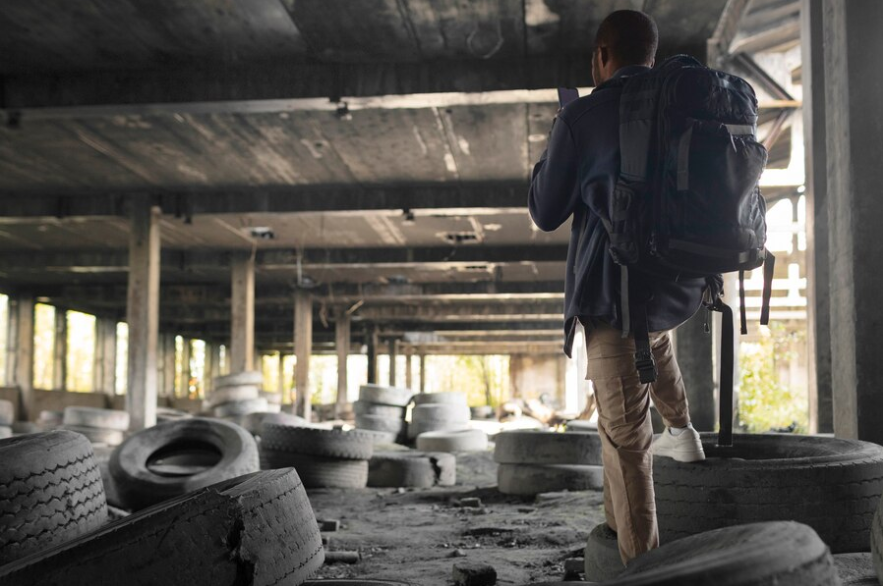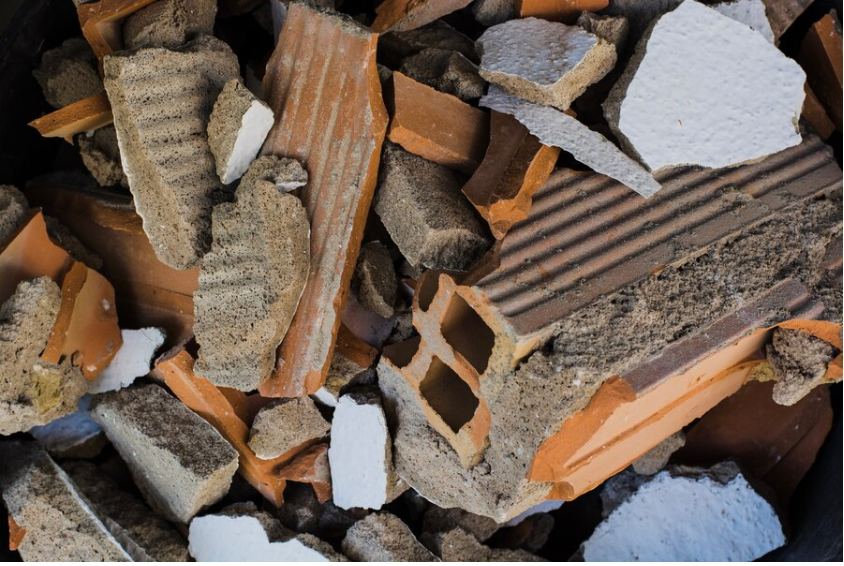Professionals with expertise in construction who focus on concrete work are known as concrete contractors. In addition to concrete elements for residential and commercial buildings, they also design, implement, and manage concrete elements for roads and bridges.
London’s concrete contractors ensure that their buildings are long-lasting and powerful by combining modern technology with traditional skills. They must ensure that everything is properly secured and fit for use. They have a lot of responsibilities, such as timely delivery of materials to the appropriate place.
Contractors must diligently plan every step of the project. Concrete turns out to be an excellent binding substance. By adding the right number of compounds, its strength can be raised. It is adaptable and useful due to its variety of forms depending on how it is used in the construction.
Properties of Concrete Used by Contractors
Strength
The most widely known property of concrete is its strength, which is split into four types:
- Compressive
- Tensile
- Flexural
- Shear
As an industrial standard, concrete is classified into different grades. And shear is the real factor that determines the compressive strength of short columns.
Durability
The ability number of years, concrete to sustain the conditions it was intended to, over without degrading, is known as its durability. Concrete may not last if it is because of internal or external factors like flaws in the material or the environment. These may have mechanical, chemical, or physical causative factors.
The durability of concrete depends on many factors. Exposure condition
- Concrete grade
- Water cement ratio
- Nature of the structure
- Curing of the structure
Workability
The density of the material of a concrete mix has a significant influence on how strong it is. Because of this, the consistency of the mix must allow for the quick and easy supply, installation, and finishing of the concrete without the need for segregation. The following variables affect this status
- Water content
- Aggregate size and shape
- Aggregate classification and surface texture
- Use of admixtures
- Use of supplemental materials
- Temperature
- Time
To ascertain the workability of concrete, a test procedure is frequently conducted. This evaluates how easily a mixture flows and can reveal when a quantity has been mixed incorrectly.
Concrete Contractor Responsibilities
Project Planning and Management
Concrete contractors must schedule, analyze costs, coordinate with other trades on the project, and handle other project planning duties.
Furthermore, they supervise the project from inception to completion, guaranteeing adherence to the budget and timeline while maintaining quality standards.
Site Preparation
Contractor’s grade, measure, pay scale and make sure the site has adequate drainage before they pour concrete. Additionally, they might put in frameworks or forms to hold the concrete while it’s being poured.
Concrete Mixing and Pouring:
It is the contractors’ responsibility to mix concrete according to the proper consistency and quality requirements. Depending on the demands of the project, they employ a range of materials.
Measurement and mixing of materials including cement, aggregate, water, and additives are required for this. After that, they carefully check to make sure there are no air pockets in the concrete as they pour it into the forms that have been prepared.
Finishing and Curing
To create the appropriate texture and appearance, surface treatments, leveling, and smoothing may be required. To guarantee that the concrete sets correctly and reaches its maximum strength, they also supervise the curing process.
Quality Control
Contractors must guarantee that the concrete satisfies the standards and guidelines for quality established by experts or the project.
Safety Compliance
To protect themselves, their employees, and the general public, concrete contractors must adhere to safety laws and procedures. This involves setting up safety protocols, supplying the appropriate safety gear, and resolving any risks present on the job site.
Concrete Contractors’ Primary Duties
Concrete contractors can construct external elements or just work on the foundations of buildings and other structures.
- Arranging materials and projects
- Getting the worksite ready
- Constructing frameworks and forms
- Concrete mixing and pouring
- Completing
- Upkeep and repair
Concrete Material Used by Contractors in London
Concrete contractors in London, like in many other places, typically use a variety of concrete materials depending on the specific requirements of the project. These concrete materials are used based on their characteristics. Some concrete materials are used in construction projects where a large volume of concrete is required.
Some of the materials are utilized in bridges, tall buildings, and other constructions that call for greater strength. In addition, decorative interior flooring, patios, sidewalks, and driveways are constructed from concrete. That is applied to improve concrete’s visual appeal.
- Ready-Mix Concrete
- Reinforced Concrete
- High-Strength Concrete
- Self-Compacting Concrete (SCC
- Decorative Concrete
- Fiber-Reinforced Concrete
Conclusion
To guarantee that concrete structures are constructed safely, effectively, and to the highest standards possible, concrete contractors are essential to the building process. Concrete selection is influenced by several variables, including project specifications, structural design, local climate, and financial limitations.





